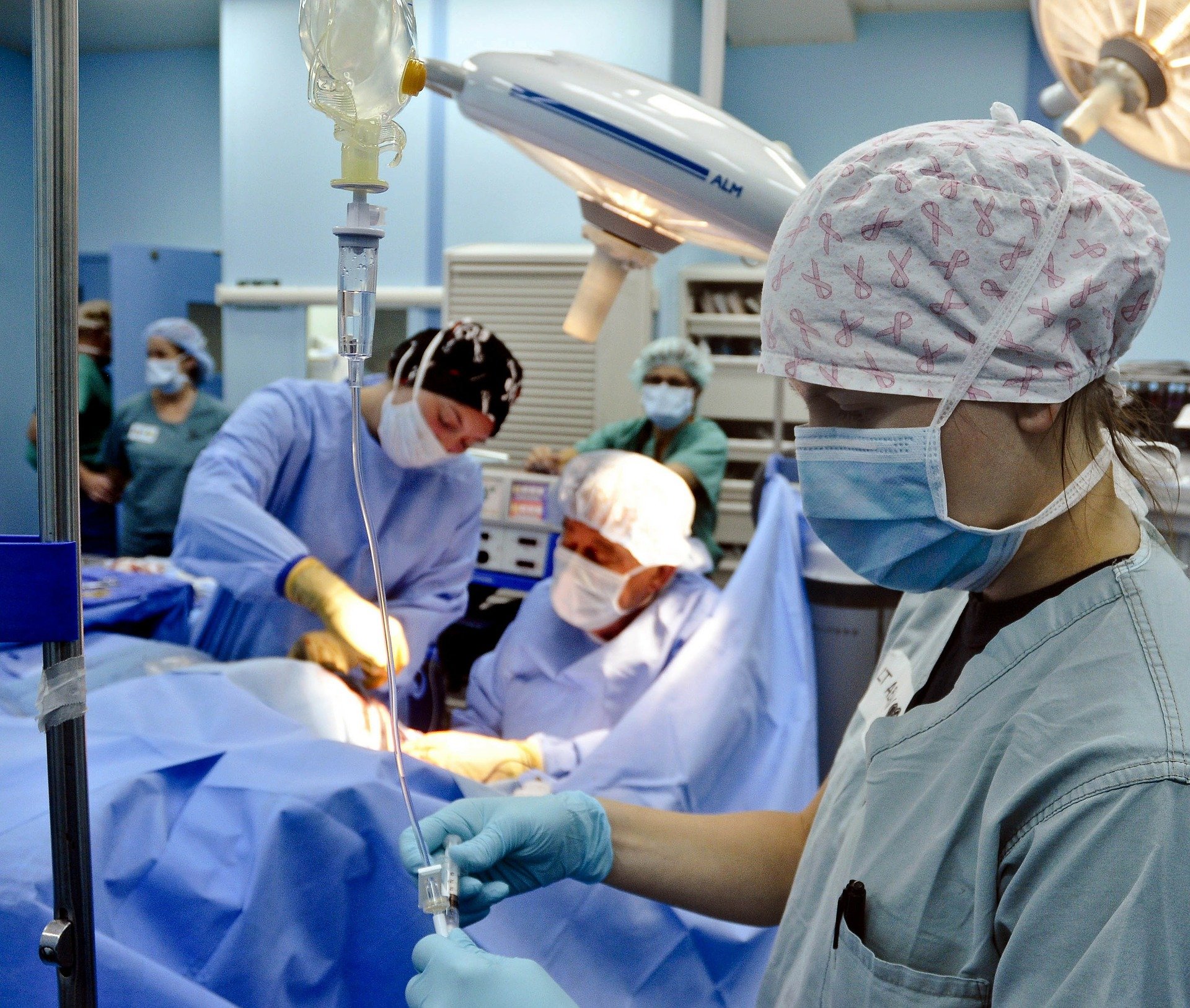NHS doctors sometimes talk of the first wave of the pandemic as a tsunami: the sea recedes, everything goes quiet, then it hits.
“I think we’re starting to see that again,” said Dr Matthew Tuck

NHS doctors sometimes talk of the first wave of the pandemic as a tsunami: the sea recedes, everything goes quiet, then it hits.
“I think we’re starting to see that again,” said Dr Matthew Tuck, who works in Newcastle as an anaesthetic registrar and is deputy chair of the BMA’s junior doctors committee. “Where we are now is very similar to how we all felt in the middle of March.”
Hospitals across the north of England are preparing for the worst. Last week saw an influx of Covid-19 patients that has rattled medics and ministers.
On Thursday, MPs were told that the number of patients in intensive care in the north of England in three weeks’ time would be higher than at the height of the first wave of the pandemic in April.
Liverpool’s director of public health, Matt Ashton, believes that might happen sooner in his city – within a week. Liverpool’s hospitals have a capacity of about 400 beds for Covid-19 patients and by last Thursday 241 were occupied, double the previous week’s total.
Doctors in Liverpool have been told by NHS bosses not to talk publicly about the situation, but many are worried that they are starting to see more elderly patients and that there are not enough staff to cope.
“We are on the crest of a wave,” said one staff member. “The next few months may be tricky.”
The north-west NHS region is treating 1,100 Covid-19 patients, of which internal figures show 221 are in intensive care or specialist infectious disease units, while the northeast and Yorkshire have nearly 800, with more than 100 admissions a day for the last week.
Staff in north-east England had been told to expect disruption, Tuck said. They would be asked to do shifts at short notice, filling in for colleagues who had been told to isolate by contact tracers, and would need to rearrange their lives at short order.
“Everyone’s anxious,” he said. “I know colleagues who had to self-isolate from their partners and children for months, because they worked in intensive care or on an admissions ward or in A&E. So people are scared that’s going to be something they have to do again.”
Social media groups that had formed to discuss best practice had gone quiet over the summer, he said. “They’re starting up again.”
Inside the hospitals, the corridors are quiet. “It’s quite eerie,” Tuck said. There are no visitors. No one hangs around to talk after a shift. It’s like being in a school after hours.” Because everyone wears masks, Tuck has colleagues whose face he has never seen.
The doctors, nurses and support staff have been going non-stop since the pandemic started, first treating people with Covid-19, then trying to clear the list of 4 million people waiting for operations.
“Burnout was endemic among the medical profession before coronavirus,” Tuck said. “Years of under-recruitment, pay restraint and an increasing pressure to kind of deliver more for the same resource has been relentless. There’s going to be years of not just burnout but real psychological injury.
“I know people who are thinking ‘I have skills that are helpful now and I’m willing to keep working during coronavirus, but after this, I need a change.’”
NHS leaders believe the government needs to take much firmer action to stop the spread of the virus and prevent hospitals in the north being overwhelmed.
Saffron Cordery, the deputy chief executive of NHS Providers, said: “We’re at the point where we probably need more severe regional local lockdowns to contain the spread. It’s quite clear from last time round that once those numbers start to go up, they go up very rapidly. We’ve got to make sure ICUs are not overwhelmed and that we continue with diagnostic testing, cancer treatments, routine operations – that is absolutely critical.”
The national lockdown led to a substantial reduction in cases, with the R rate going down to 0.7, she added.
“If we had a really effective test and trace system, then perhaps we could start to do much more targeted isolations. But it’s not working at the moment.”
Danny Mortimer, chief executive of the NHS Confederation, which represents organisations across the healthcare sector, said: “While we all need to follow the rules to help safeguard the NHS, the government also needs to be much clearer and take more decisive action in terms of necessary restrictions.”
guardian.co.uk © Guardian News & Media Limited 2010
Published via the Guardian News Feed plugin for WordPress.


